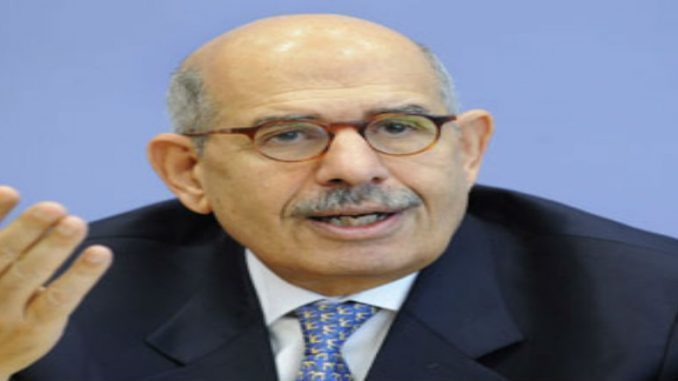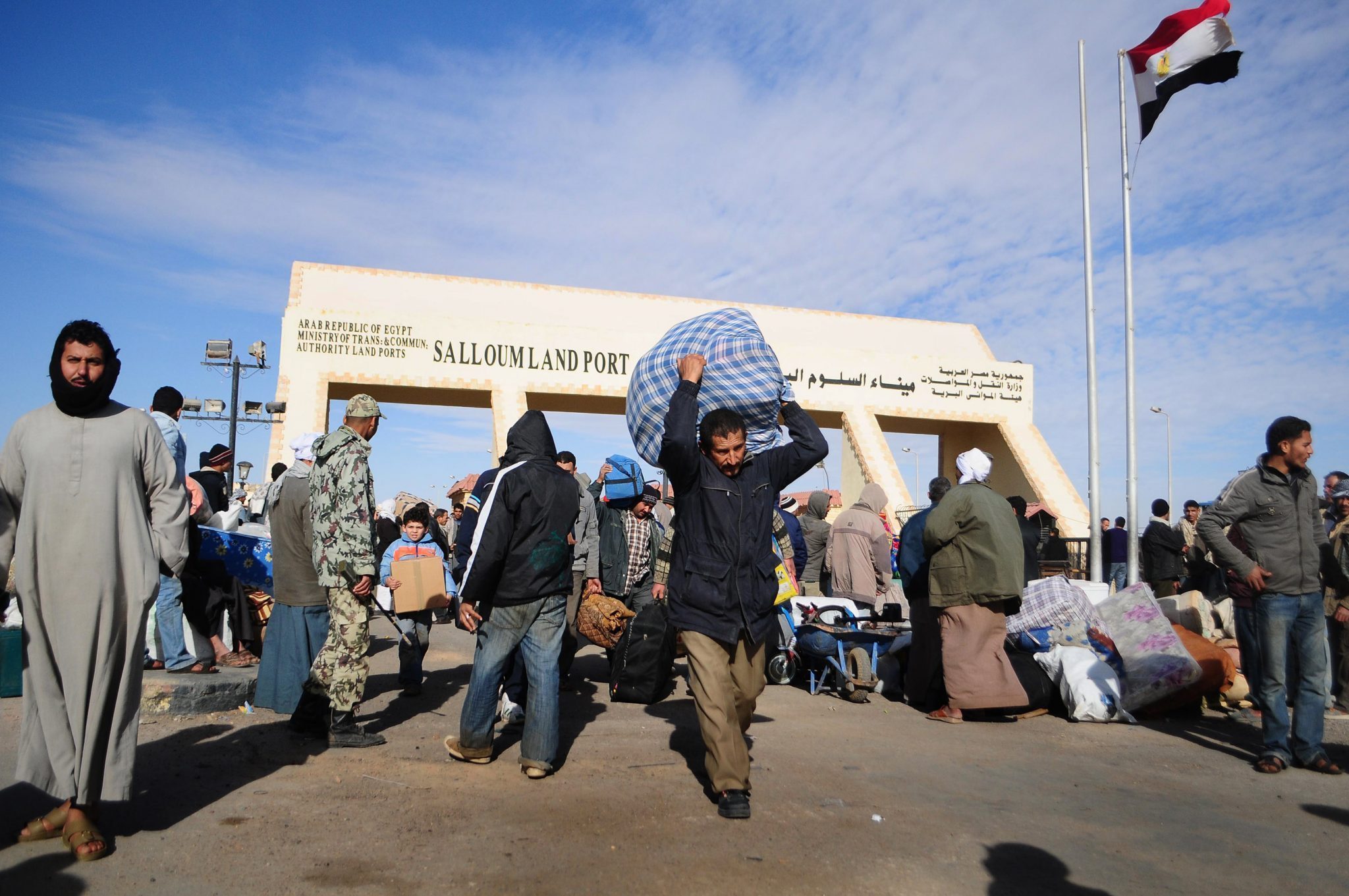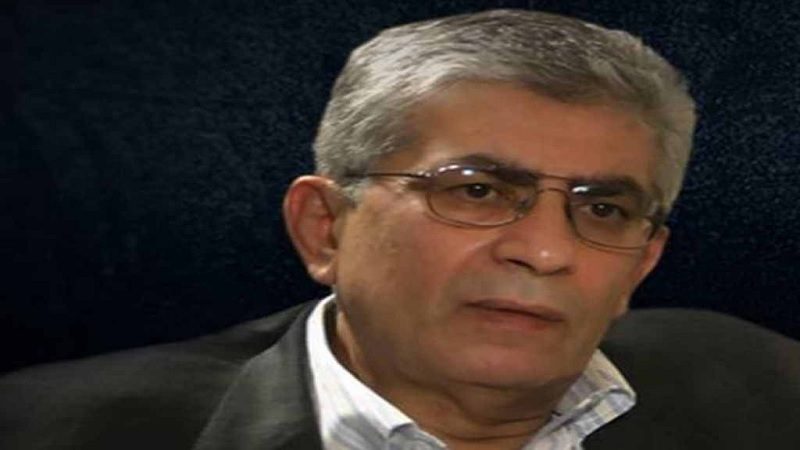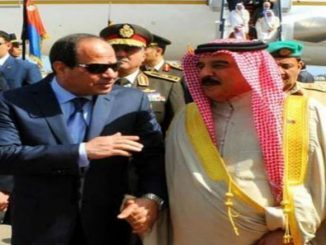
Mohamed ElBaradei, Egypt’s former Vice-President for Foreign Affairs, has caused a great storm through a promo for a TV interview, leading to a pro-regime social media campaign for revoking his Egyptian nationality.
Recently, Mohamed ElBaradei, a prominent opposition figure, has sat down for a lengthy interview with Al-Araby T.V which will be broadcast in several episodes starting on Saturday.
The interview’s short promo has caused a tremendous online storm as it featured two statements from ElBaradei that implicitly criticized al-Sisi military rule.
ElBaradei said, most likely referring to Abdel Fattah al-Sisi, “A graduate of the armed forces can be a great commander but he won’t know how to run the ministry of education.”
He also said in another clip of the interview,” The logical sequence is that authoritarian rule creates extremist groups.”
Since Abdel Fattah al-Sisi led a military coup in 2013 against Egypt’s first democratically elected president Mohamed Morsi, his regime launched massive crackdown on Islamist and secular opposition as well as human rights organizations, activists and journalists.
In response to ElBaradei’s lengthy aired interview, pro-government social media users launched an Arabic-language hashtag, calling for ElBaradei’s nationality to be revoked.
One Twitter user said, “We have to take the nationality away from any traitor or agent. We have the right to do that to any dog who tries to break up his homeland.”
ElBaradei assumed the post of Vice President for Foreign Affairs after the military coup ,but he resigned in light of the violent dispersal of the Rabaa al-Adaweya sit-in August 2013.
On August 14, 2013, protesters’ encampments in the square and by the hospital were bulldozed and more than a thousand protesters killed in a space of ten hours, said Al-Jazeera in a report last August with a video including testimonies of eye witnesses.
This wasn’t merely a case of excessive force or poor training. It was a violent crackdown planned at the highest levels of the Egyptian government. Many of the same officials are still in power in Egypt, and have a lot to answer for.
Human Rights Watch has said it was “one of the largest killings of demonstrators in a single day in recent history” and that it was “a violent crackdown planned at the highest levels of the Egyptian government”. The Special Forces carried out the attack in Rabaa al-Adaweya Square with armored personnel carriers, bulldozers, ground troops and snipers.
The producer behind the interview, Abdelmoneim Mahmoud said that since the promo was released pro-regime media have been in a state of panic.
Mahmoud said in a Facebook post,”State security has warned advertising companies to not run ads during the episodes of the interview.”
He added,”It has also sent out the message that the interviews should not be covered in local media in either a positive or negative light.”
In fact, a popular Egyptian talk show host was taken off the air this week, amid accusations that Egyptian authorities halted the show for being overly critical of the government.
The New York-based Committee to Protect Journalists has accused Egypt of putting restrictions on media and being a “leading jailer of journalists”.
Accordingly, it seems that ElBaradei lengthy interview will cause a great panic to al-Sisi shaky military regime.
Last November, ElBaradei came out of his silence after three years and recounted in 13 points the details of the events that occurred between July 14, 2013.
ElBaradei was assigned to take part in the coalition responsible for drafting what came to be known as the “roadmap,” consisting of several steps to complete the democratic transition phase including parliamentary and presidential elections, drafting a new constitution and national reconciliation.
In his statement, ElBaradei recalled a critical testimony that he witnessed in the first days of the military coup -one of them was the abduction of Egypt’s elected president Mohamed Morsi.
ElBaradei said that the Armed Forces called upon the coalition composed of various political figures to meet in an attempt to address the “volatile situation on the ground.” He continued saying, “As the meeting began, I was surprised to know that the president had already been detained earlier that morning – without any prior knowledge by the coalition.”
ElBaradei said, “This effectively ruled out the option of holding a referendum for early presidential elections.”
He added, “The priority, for me, at the time became working to try to avoid civil strife and to keep the peace through a roadmap.”
However, things took a different path when the peaceful pro-Morsi supporters organized sit-ins in Rabaa al-Adaweya and Nahda Squares, but they were violently dispersed by security forces on August 14.
ElBaradei said that he opposed the dispersal, arguing that there were “almost agreed upon political solutions” on the table that could have served as an alternative to a “spiral of violence and division.”
Later, he resigned from his post, prompting attacks launched by pro-regime media figures against the decision.



